Nine best destinations for the ultimate ethical animal experiences
Make sure your desire to have a memorable animal experience doesn’t compromise their welfare
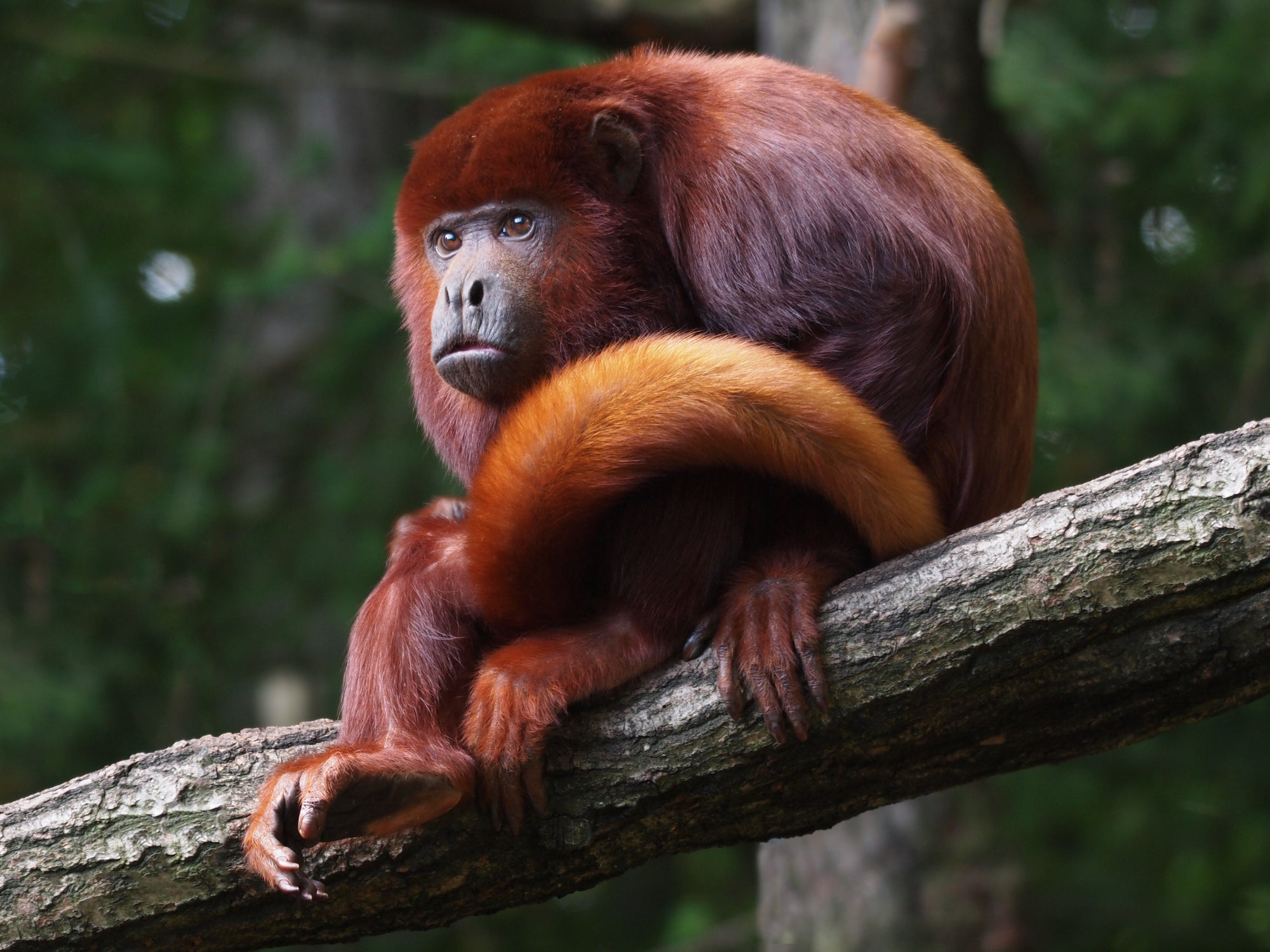
For an animal lover the temptation to get up and close and personal with wildlife can be strong. While it may be difficult to accept, it’s important to recognise that your presence may actually be doing more harm than good to an animal.
Projects offering physical contact with animals such as holding or posing for photographs are usually suspect and should be avoided. Question why wild animals are so docile and consider there could be a sinister reason behind it.
We’ve found nine destinations and projects that ensure the welfare of the animals in their care remains front and centre.
Greece: sea turtles
Established in 1983, The Sea Turtle Protection Society of Greece (Archelon) exists to protect the loggerhead and green turtles that reside in the waters surrounding Greece, increase awareness and understanding of their endangered status and rehabilitate injured animals at their centre in Athens. Those interested in these peaceful animals can visit the rehabilitation centre to find out more or can adopt or sponsor a sea turtle. Those seeking to contribute further can volunteer to work on a conservation project in one of the nesting areas of Crete, Zakynthos or Peloponnese. As an ex-volunteer of one such programme, I can vouch for the passion and commitment the Archelon team have for the welfare of these wonderful creatures.
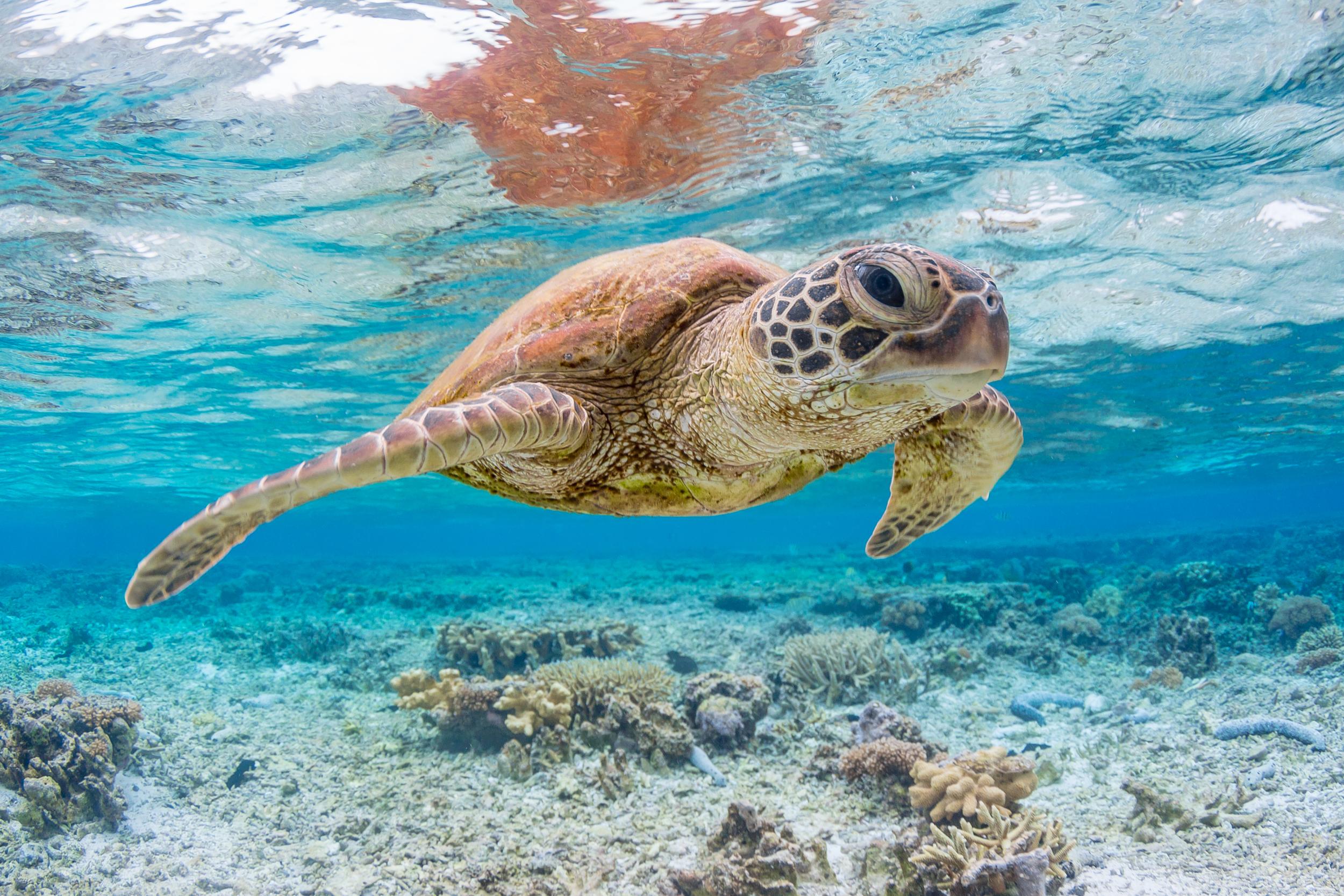
The Azores: whale and dolphin watching
An archipelago of nine volcanic islands located 900 miles west of Lisbon, the Azores boast 27 species of cetaceans due to their optimum location in the centre of the north Atlantic. Things have drastically changed since whaling formed an important part of the Azorean economy (the practice was banned in 1979) and many visitors come to the islands for the sole purpose of observing whales in their natural habitat. Atlantiagra is a World Cetacean Alliance partner offering whale and dolphin boat trips with qualified guides. The company also works in alliance with national and international research projects aimed at the sustainability and protection of the marine environment.

South Africa: big cats
Lionsrock is a lodge situated 18km outside Bethlehem, South Africa, that offers a range of activities for guests, such as game drives, bird watching and hiking opportunities. Run by Four Paws, a US-based charity with projects around the world that help animals who have been abused for entertainment, scientific or other reasons, the lodge also provides a lifelong home and habitat to big cats, wildebeest, zebra, impala, springbok and more. So far, the lodge has rescued more than 90 big cats from all over the world.

Bulgaria: brown bears
This eight-day trip organised by ethical travel company Responsible Travel takes place in the Rodopi Mountains in Bulgaria. A small group will be joined by a brown-bear watching expert on a series of treks, which include daytime tracking and nocturnal searches. Participants will also record evidence of bear activity as part of a registered conservation initiative.

South Africa: birds
Twitchers are in for a treat at South Africa’s Birds of Eden, which houses the world’s largest dome sanctuary for birds. It’s home to over 3,500 birds from over 220 species, with the main focus being African birds, and provides a protected habitat for previously caged birds to live a life of free flight in a space as large and natural as possible. Visitors to the sanctuary can stroll through at leisure and admire these beautiful creatures flying as nature intended.
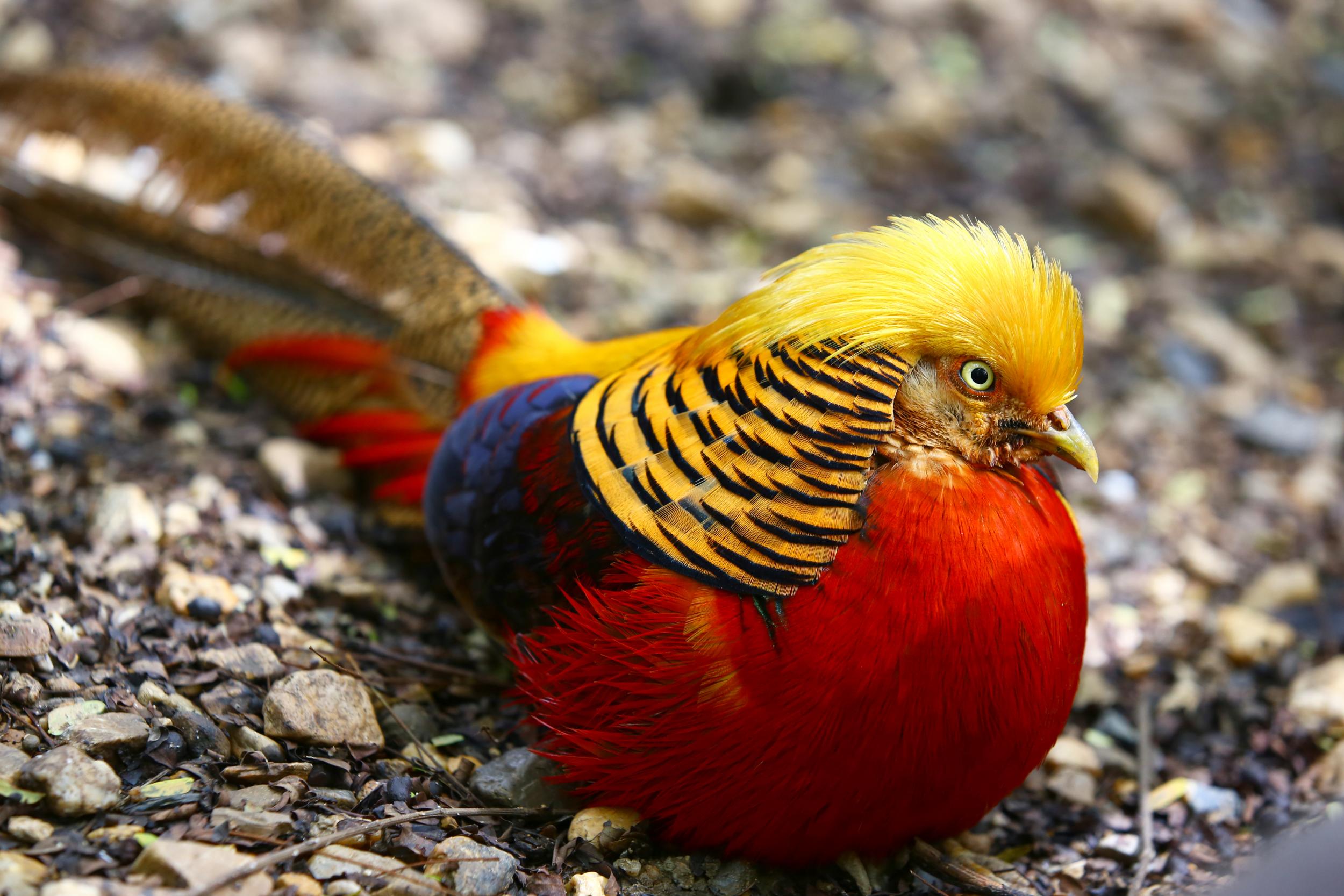
Costa Rica: howler monkeys
Sibu is a rescue centre for injured and orphaned wild animals that, when fit, are eventually released back into the wild. The organisation also undertakes educational and advocacy work with other organisations to encourage respect for animals’ lives and preservation of habitat. The centre offers a number of visits every week, where people can learn more about the threats to Costa Rica’s incredible wildlife and visit the rehabilitation and release centres. Those wishing to contribute further to the project can make a financial donation or volunteer in animal care, construction or gardening and farming.
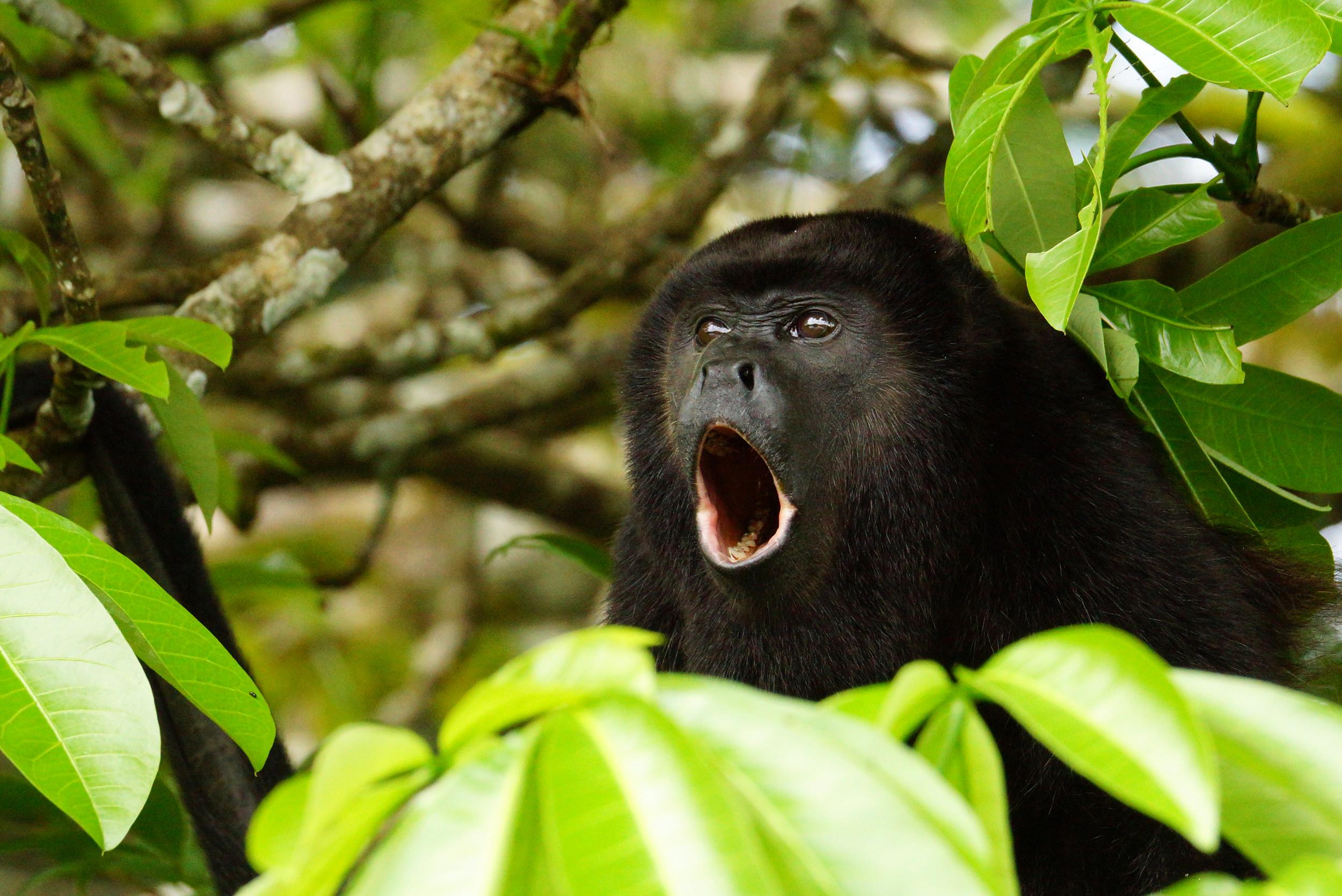
New Zealand: penguins
Penguin Place is a private conservation reserve dedicated to helping the endangered yellow-eyed penguin survive. The project is entirely funded by guided tours of the reserve and is located on the southeastern coast of New Zealand’s South Island. Tours include information on the issues the yellow-eyed penguins face and a walking tour of the penguin reserve. Bird species, fur seals, blue penguins and native forest can also be seen as part of the expedition and visitors can stay overnight at a lodge attached to the reserve.
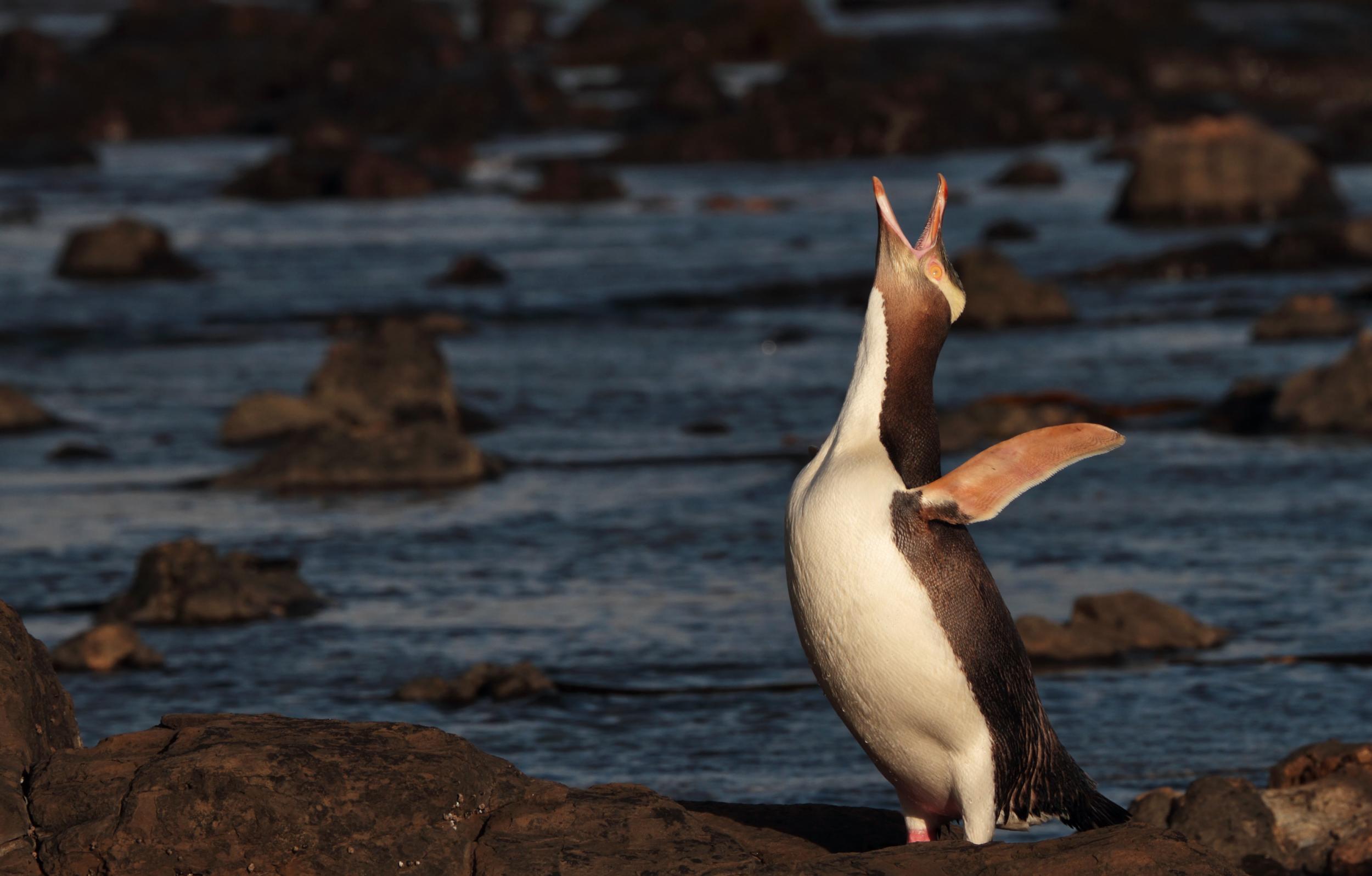
Thailand: elephants
While tourist experiences with elephants are prevalent throughout Thailand, very, very few are ethical. Riding elephants is a big no-no, as are performing elephants, those in restricted cages or chained animals. Boon Lots Elephant Sanctuary (Bles) is a happy exception, however. Rescued and retired elephants are cared for and allowed to roam freely over 600 acres of forested land consisting of banana plantations, grasslands, fresh water rivers and open fields. Bles relies upon funds generated by visitors to the park and welcomes them to participate in tasks such as scrubbing down the mighty beasts, gathering their food and walking with them to release sites. Guest numbers to the sanctuary are intentionally kept low, to benefit both elephants and visitors.

Malaysia: orangutans

Sepilok Orangutan Rehabilitation Centre in Sabah, north Borneo, was established in 1964 to rehabilitate orphan orangutans. The site is comprises of 43 square kilometres of protected land and is home to between 60 and 80 orangutans. Other animals that have been treated at the centre include sun bears, gibbons, Sumatran rhinos and elephants. While the centre is agreed to be a useful educational centre, visitors are restricted to walkways and are not allowed to approach or handle the apes. Those wishing to support the animals are welcome to visit the centre to learn more and observe feeding times.
Join our commenting forum
Join thought-provoking conversations, follow other Independent readers and see their replies
Comments
Bookmark popover
Removed from bookmarks